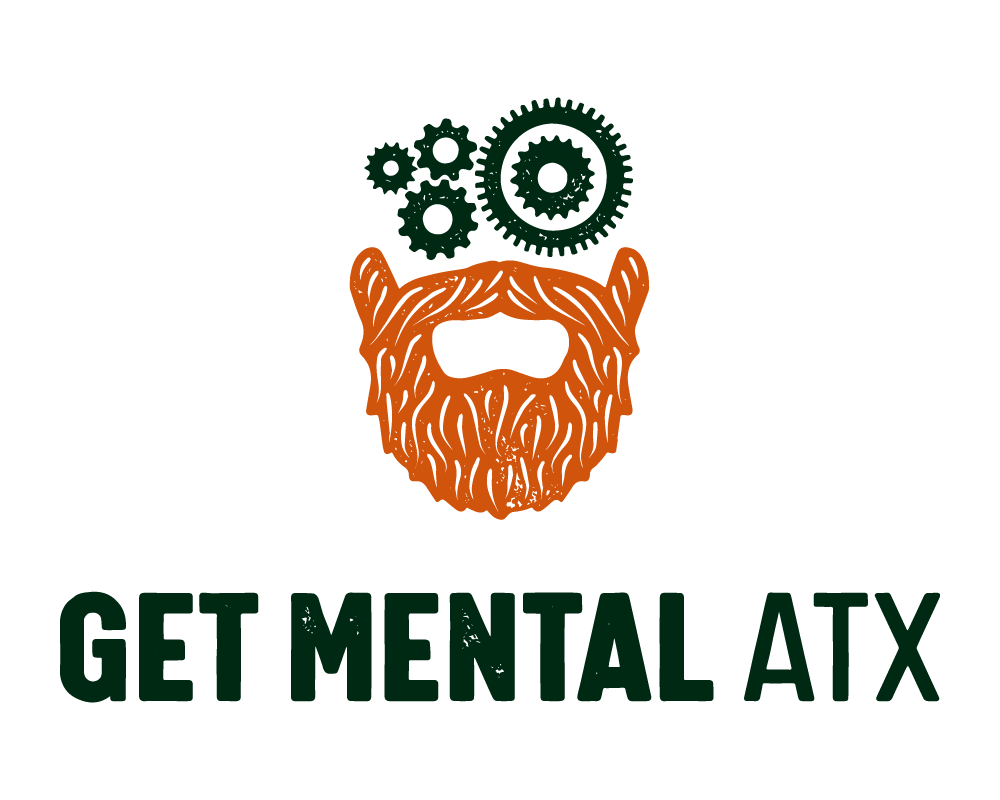5 Tips for Living with Anxiety: part 3
PIXABAY/CC0
So, we’re right about halfway through this series on living and dealing with anxiety. We started with some discussion of the ways your body reacts during stressful situations and some tips on learning to identify what gets you so stressed out. If you have done those things then its time to take the next step and look at different coping mechanisms to help you deal with your feelings of stress and anxiety. If you haven’t read through the first two parts, go ahead and do that first and then come back here...don’t worry, I’ll wait :)
How do coping skills help?
Simply put, they help you to cope with your stress and anxiety. There. Simple. Asked and answered.
But in reality you are probably wanting to know a bit more detail, right? The idea of coping skills/coping mechanisms is to find a strategy to combat your stressful and anxiety-ridden feelings. To find some kind of outlet or behavior or whatever to make you either feel less stress and anxiety or enable you to function even though you feel some of that stress and anxiety. Coping skills don’t magically make feelings of stress and anxiety disappear, but those strategies can lessen the impact and experience of stress. Like a nice warm coat in the cold winter. It’s still cold outside, but things are so much more comfortable and manageable in the cold if you have on a nice comfy and warm coat.
Why are coping skills important?
Because without them you will likely continue in the same pattern that you have always experienced with stress and anxiety. It’s said that the definition of insanity is doing the same thing over and over while expecting different results. If you don’t find a way to manage unpleasant and difficult feelings, then it will be quite challenging to make any kind of change in your life. If you can find ways to deal with those stressors and handle yourself, then you can face the challenges in life with a fully-equipped utility belt full of coping skills to handle whatever life throws at you. Hopefully it’ll just be a gentle toss of a snuggly puppy.
Which coping skill should I use?
This is the question you really want to know right, how to cut through the talk and learn what to do so that you can stop feeling so stressed and anxious. There are probably as many different ways to deal with stress as there are people in the world, but don’t let that get you down. While many skills are different there are a number of common elements that we can draw from to find a thing that works for you. That’s the real key, finding out which technique or skill works for you. The coping skill you should use is probably the one that works, right?
But to your point, here are a few examples of coping skills/techniques/mechanisms that might be helpful. If you’re comfortable doing so and are interested I recommend you give them a try. Below is one of my favorites - I use this trick in my life as well. Click the link for a more detailed description of each option.
What do I do when coping skills don’t work?
The answer depends on what’s happening.
Is the coping skill you just started not doing anything? Maybe give it a few times to practice and get used to. It is a skill after all and those take some time to get good at. But if after some practice it still seems to be ineffectual then see below.
Has the coping skill that used to be helpful stopped being helpful anymore? Then maybe switch to a new/different tactic. Sometimes our bodies and minds need variety or perhaps that specific trick just won’t do the trick any more - it happens occasionally. Sometimes certain coping skills are better suited to certain situations than others. I often share a breathing technique (the Deep Breathing from above) to help people calm their bodies when they are feeling stressed.
Next time we will look at one particular coping mechanism that helps not only in times of stress and anxiety, but some research indicates may even help lower the instance of anxiety in general. (For those interested I will link to some of the research in that blog).

